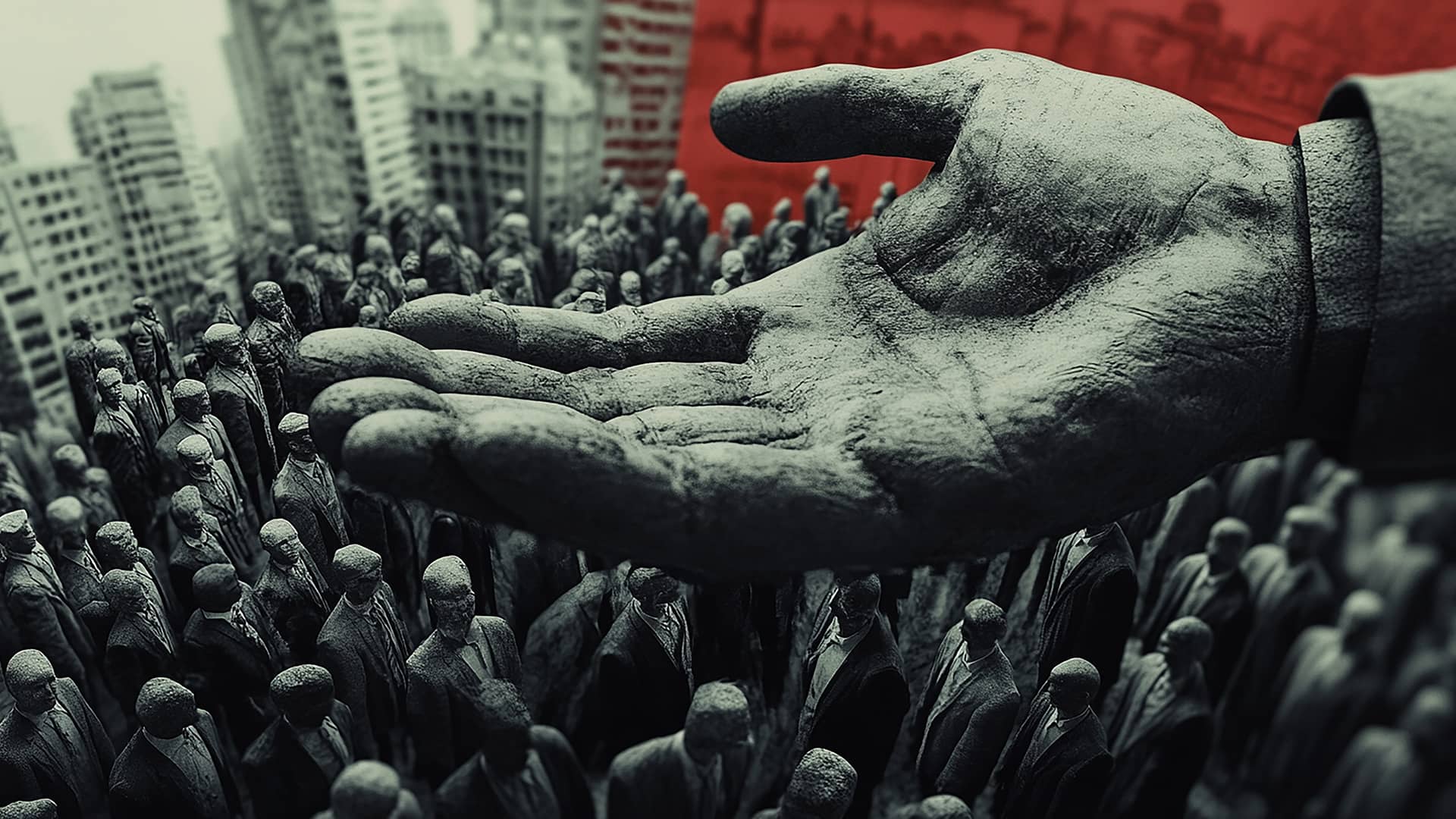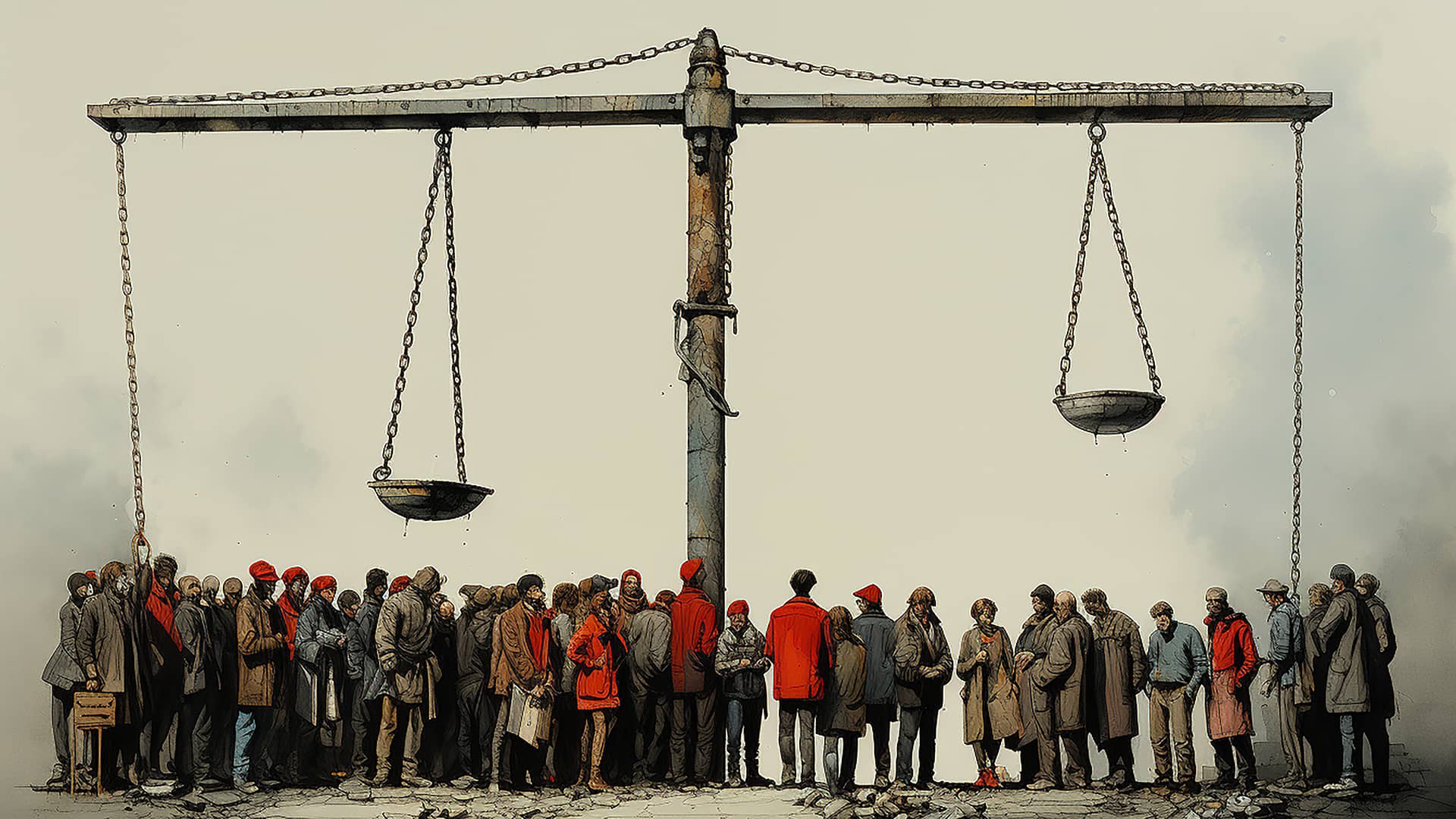Families Under Siege: The Human Impact of Mass Detention

Understanding Mass Detention
Mass detention occurs when governments arrest large numbers of people—often without charge or fair trial—for political reasons. In Turkey, more than 130,000 homemakers, teachers, NGO workers and others have been improperly imprisoned since July 2016. AST notes that this campaign targets not only alleged coup participants but also journalists, academics and relatives of dissidents.
Effects on Children and Families
- Separation and Trauma: When parents are detained, children are suddenly left without caregivers. Many are raised by extended family members or are thrust into the foster system. The absence of parents during critical developmental stages leads to lasting psychological trauma.
- Economic Hardship: Families lose breadwinners and sometimes their properties are seized, plunging them into poverty. Mothers are imprisoned together with infants, leading to poor living conditions for babies.
- Social Stigma: Children of political prisoners often face discrimination in school and community settings. The label of “traitor’s child” isolates them and limits future opportunities.
- Displacement: Some families flee the country to avoid persecution, becoming refugees. AST has highlighted “hope stories” from refugee children, showing how they strive to overcome trauma through education and art. Though we cannot access the full article due to technical issues, these projects aim to give refugee children a voice and empower them to tell their own stories.
Conditions Inside Prisons
Reports from Turkish detention centres describe overcrowded cells, limited access to clean water and medical care, and prolonged pre‑trial detention. Families often learn about loved ones’ whereabouts weeks after their arrest. In some cases, prisoners are denied medication or visits from lawyers. During the COVID‑19 pandemic, cramped facilities became hotspots for infection, yet many political detainees were excluded from early‑release programmes.
Women and Children in Detention
Women face unique hardships behind bars. Pregnant women and new mothers have reported giving birth while shackled or being separated from their babies shortly after delivery. Infants who remain with their mothers grow up in environments devoid of adequate nutrition and healthcare. Older children, meanwhile, may be forced to live with relatives or in state institutions, disrupting their education and social development. AST’s surveys on women in prison highlight issues such as sexual harassment by guards, lack of sanitary supplies and inadequate prenatal care.
Long‑Term Consequences for Society
The trauma inflicted by mass detention does not end upon release. Former prisoners often struggle to find employment due to criminal records and stigma. Children who witnessed raids or visits to prisons may develop anxiety, depression or mistrust of authority. Communities become polarized, with neighbours wary of associating with families of detainees. The erosion of trust in institutions can persist across generations, making reconciliation and democratic rebuilding more difficult. Economically, the loss of skilled workers and professionals hampers development and widens inequality.
International Response and Solidarity
International organizations have raised concerns about the treatment of prisoners in Turkey. Human Rights Watch and Amnesty International have documented cases of torture and ill‑treatment. The UN Working Group on Arbitrary Detention has urged Turkey to release political prisoners. Some governments have granted asylum to Turkish dissidents and refugees. Solidarity campaigns run by diaspora communities, trade unions and student groups have brought global attention to the plight of detainees. However, sustained pressure is necessary to achieve systemic change; without ongoing advocacy, political leaders often prioritise diplomatic interests over human rights.
Documented Cases
AST’s 2022 report chronicles the stories of Gökhan Açikkollu and Halime Gülsu, who died after torture in detention. It also describes how the Social Genocide exhibition uses personal belongings of victims/survivors to illustrate the human cost of repression. These narratives underscore the human suffering behind the statistics.
Advocacy for Families
AST’s mission includes preventing arbitrary detention and torture and defending the right to life, rule of law, privacy and freedom of association. The organization collaborates with international bodies to secure the release of prisoners and provides support to families through storytelling projects, educational materials and advocacy campaigns.
How You Can Help
- Support NGOs: Contribute to organizations that provide psychological and financial assistance to families of detainees. AST and similar groups often run campaigns to help with legal fees and living expenses.
- Share Stories: Humanise statistics by telling the stories of detained parents and their children. Sharing personal narratives can galvanize public empathy and political action.
- Advocate for Policy Changes: Demand that your government pressure Turkey to end mass detentions and allow independent observers into prisons. Encourage the implementation of international standards for the treatment of prisoners.
- Offer Practical Aid: For refugees, donations of school supplies, tutoring or mentorship can help children maintain their education and regain a sense of normality.
- Sponsor a Child’s Education: Contribute to scholarships or tutoring programmes for children of detainees, ensuring they can continue their studies despite financial hardship.
- Support Mental‑Health Services: Advocate for and donate to programmes that provide trauma‑counselling for families affected by political repression.
- Lobby for Prison Reform: Encourage legislators to pass laws that ban the imprisonment of pregnant women and provide alternatives to detention for mothers with young children.
- Attend Vigils and Memorials: Participate in events commemorating those who have died in custody, sending a message that victims are remembered and valued.
- Use Creative Expression: Write poems, compose songs or create artwork about the impact of mass detention. Sharing these works online can raise awareness and inspire empathy.
Conclusion
Behind every statistic on political prisoners is a network of loved ones whose lives are upended. Mass detention in Turkey has separated families, traumatized children and created lasting social scars. By supporting organizations like AST and advocating for humane policies, we can help protect families and restore dignity to those who have been silenced.
Grassroots Advocacy: How You Can Stand Up for Human Rights in Turkey
What Is Grassroots Advocacy? Grassroots advocacy refers to citizen‑led movements that aim to influence public policy and social attitudes f...
Read MoreInternational Human Rights Law: Empowering Victims of State Oppression
The Global Framework International human‑rights law is a network of treaties, conventions and customary norms designed to protect people fr...
Read MoreThe Rule of Law: Guarding Civil Liberties and Human Dignity
What Is the Rule of Law? The rule of law is the principle that all individuals—including government officials—are subject to the law, which...
Read More


